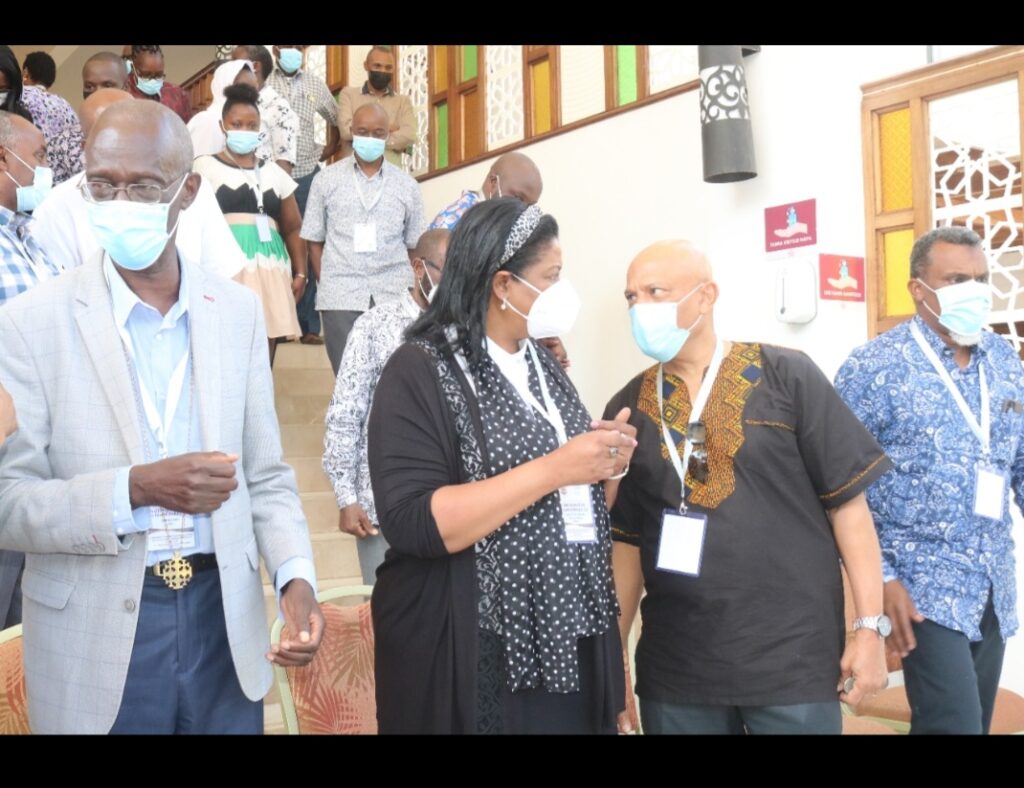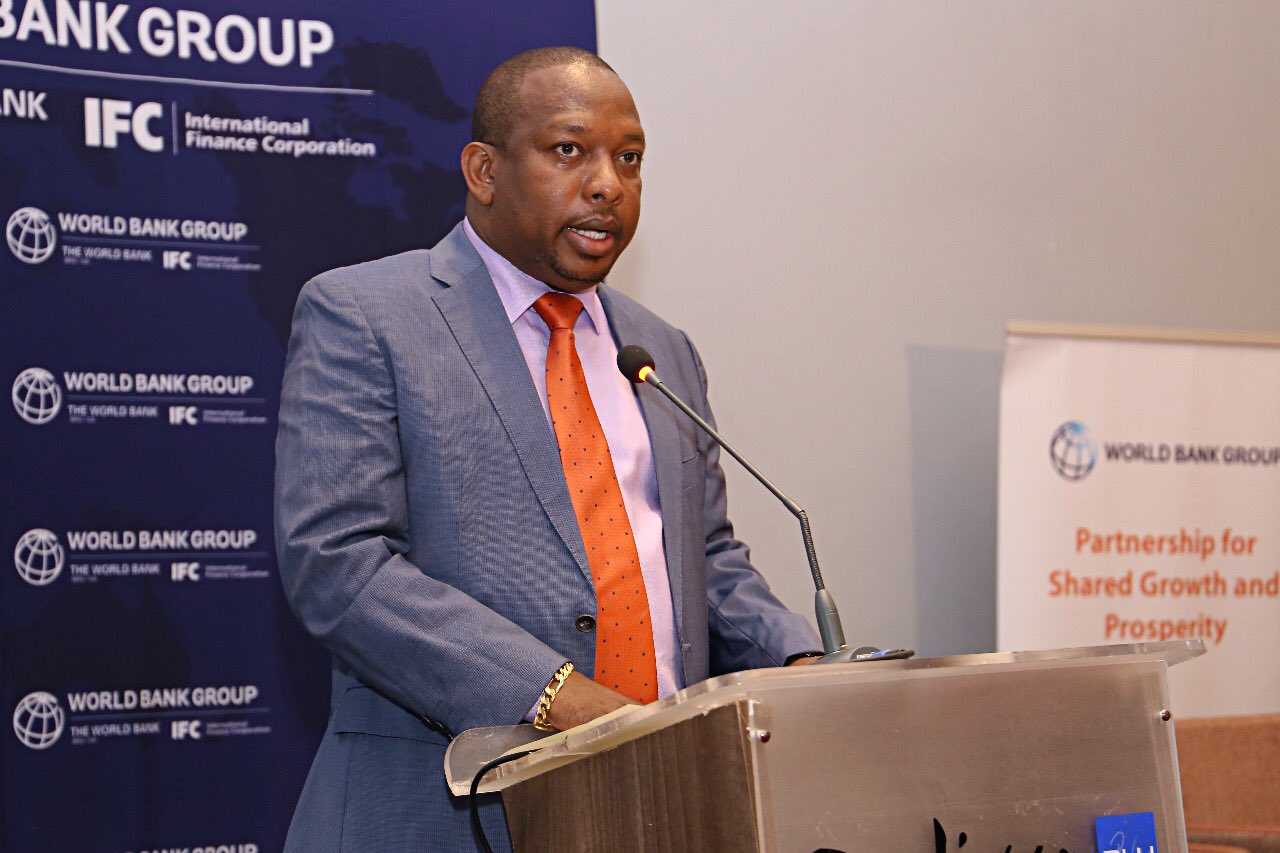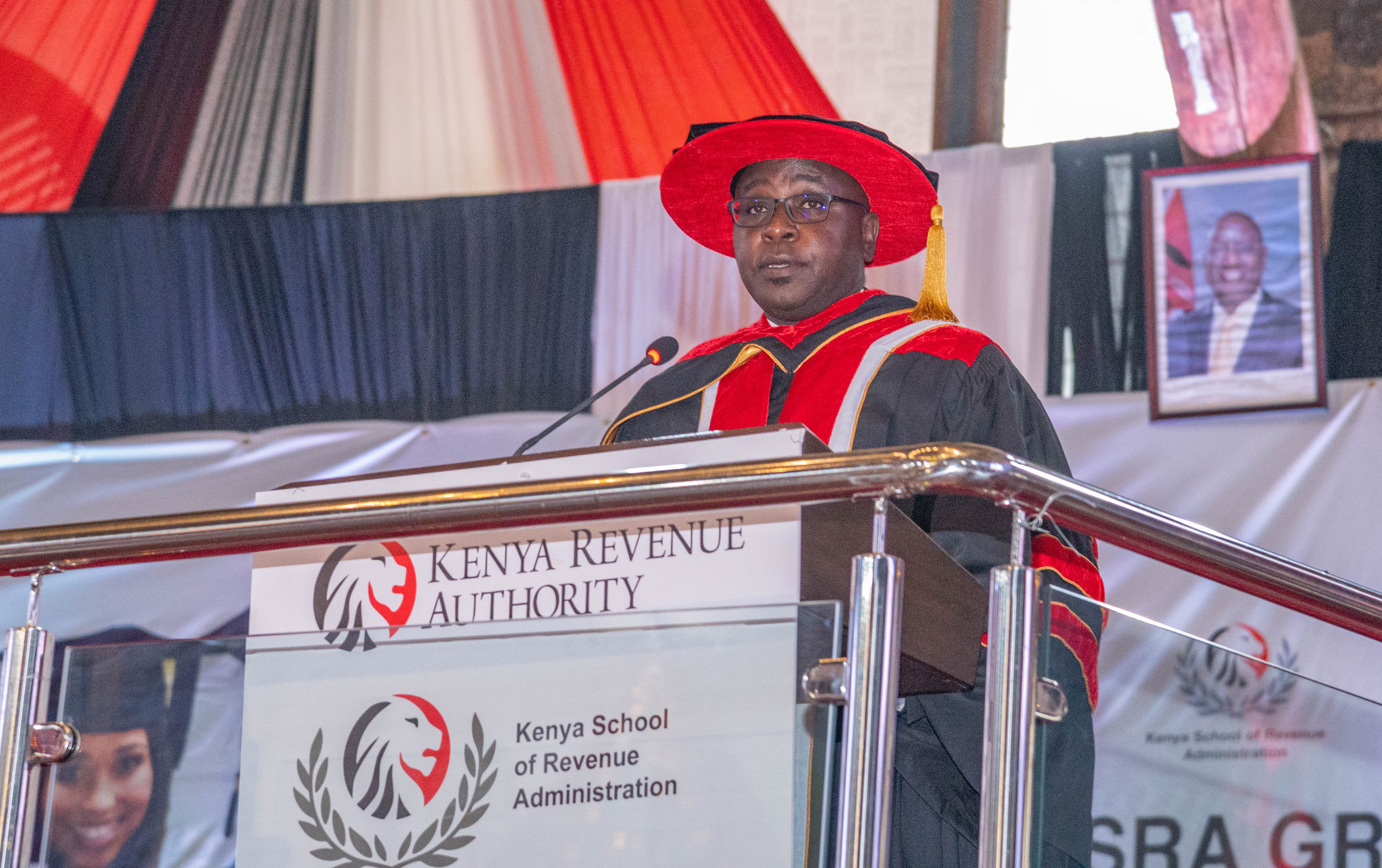Judiciary to Increase Number of Judges handling Corruption Cases

By Tobby Otum
A total of 995 cases are pending before Special Magistrates and Judges in the Anti-Corruption (ACEC) Division of the High Court countrywide.
Chief Justice Lady Martha Koome said out of the pending cases 310 are corruption cases before the Special Magistrates Court.
She added 685 cases are civil for the recovery of proceeds of corruption, recovery of public assets and forfeiture of unexplained wealth.
“The Constitutional petitions are pending before the High Court and Court of Appeal. Notably, and regrettably, some cases have been pending before court for more than 10 years,” she pointed out.
Koome said this is in terms of the status of cases pending before (ACEC) Division courts currently.
The remarks were contained in her speech read by Supreme Court judge Lady Justice Njoki Ndung’u during a workshop on strengthening stakeholders’ collaboration within the justice sector towards combating corruption and economic crimes held at Sarova Whitesands beach hotel in Mombasa county.
The CJ assured the participants they are working with the Judicial Service Commission to increase the number of Judicial Officers handling cases of corruption and economic crimes countywide.

Koome said she has also directed that Judicial Officers handling graft cases and all matters in the Judiciary must embrace proper case management.
She pointed out that all preliminary questions and disclosures will be resolved during pre-trial conferences to ensure that hearing proceeds uninterrupted once it commences.
“To succeed, we all must commit to expeditious disposal principles to ensure that we establish a flawless process,” she pointed out.
Director of Public Prosecutions [DDP] Noordin Haji has reiterated the importance of cooperation, collaboration and coordination in the fight against corruption cannot be overemphasized.
He cited the participants to the workshop as a clear demonstration of their collective commitment to combat corruption and economic crimes.
“In the remarks corruption threatens the very fabric of our nation and Kenyans have seen and experienced firsthand how it weakens the economy, tears us apart, undermines and destroys our governance structures,” he pointed out.
Ethics and Anti-Corruption Commission (EACC) chairperson retired Archbishop Emeritus Dr. Eliud Wabukala told the forum they have adopted a “partnership approach” as one of the key strategies under the Commission’s Strategic Plan 2018-2023.
He pointed out challenges of corruption and unethical conduct transcends institutions.
“It is on the basis of this that we, at the anti-corruption, have adopted a “partnership approach” as one of the key strategies,” he pointed out.
In his welcome remarks EACC Secretary/Chief Executive Officer Twalib Mbarak reminded the participants the forum provides a critical platform to take stock of the progress made including challenges encountered and to share experiences in order to develop sustainable solutions in the fight against corruption and unethical conduct.
He pointed out the capacity building forum brings together sixty-five practitioners, mostly Judges, Magistrates, Prosecutors, Lawyers and Investigators drawn from the sixteen key Agencies in the Justice Sector.
“The importance of effective collaboration and cooperation in combating corruption cannot be gainsaid,” he pointed out.








